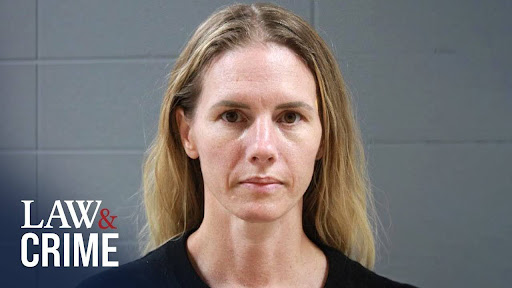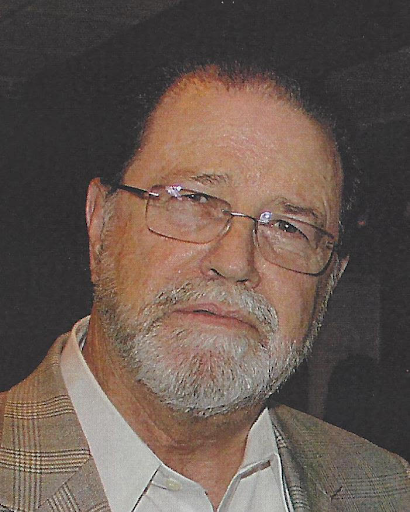On Monday April 22, CNN hosted several presidential candidates in a town hall. It included 2020 presidential candidate frontrunner Bernie Sanders, who has given a powerful, yet controversial stance on granting incarcerated individuals the right to vote. He argued that the right to vote is inherent to any American citizen, regardless of the crime.
While his stance has been greeted with direct opposition and controversy as Sanders expected, it cannot be denied how Sanders is viewing the democratic right to vote as something that is objectively as possible.
His stance on total democracy allows the people to recant their rights without facing obstacles such as the many voter suppression laws Republican senators have passed, blocking votes from various groups. Some of these include the Voter ID law passed in October 2018 in North Dakota blocking Native American votes by not accepting tribal identification, photo ID laws in various states, minimization of voter registration areas and so many more that blocks votes from people whose circumstances align with their low-income, race and other factors.
While the thought of allowing the incriminated to vote may seem faulty, Sanders’ reasoning is valid in the sense that it would not deter our own visions of change in America, it may even be beneficial in some ways.
For one, prisoners are vital in the national discussion of prison reform due to their first-hand experiences in prisons that face issues such as overcrowding, lack of necessary resources and a lack of proper management in dealing with inmates. Their voices should be included and would definitely allow for progress in understanding how to amend criminal justice laws.
Prison populations are included in legislative district populations solely for inflation, attesting to the unlawful practice of “prison-based gerrymandering” as reported by the NAACP. While prisoners cannot vote, their presence in legislative district populations is used by politicians to gain political power in elections. Not only does this weaken the voting power of the people surrounding these prisons, but it also demeans the voices of prisoners who are misrepresented. State legislators who intend to suppress votes use this feat to their advantage to gain the votes they need to win. These same lawmakers and elected officials continue the cycle by passing more voter suppression laws in addition to the already discreet political gain through gerrymandering.
Not only that, but the African-American and Latino population in prisons make up more than 55 percent according to a report by the Pew Research Center, a starking difference in comparison to the total population in America, where minorities make up less than 40 percent of the population.
In a report conducted by The Sentencing Project on racial disparity in criminal justice, police officers who were more prevalent in communities of color were able to contribute to the racial disparity of mass incarceration in America by arresting Black and Latino individuals for possession of drugs and weapons, even though the rates of usage and crimes committed were very similar across all races. With more minority votes disenfranchised due to biased imprisonment, there is less of a voice for those communities of color and less power for them to invoke change.
Taking into account whose voting rights are exactly barred and the flawed criminal justice system, Sanders’ statement may not seem far-fetched at all. If anything, it should definitely be considered, given the unethical use of prison populations for political gain, the numerous issues inmates face in prison and the concerning levels of mass incarceration.
All in all, I believe that it is important not to lay “civic death” upon others as it allows more room for improvement, especially in cases where prisoners’ voices may be most useful: Prison reform.


















